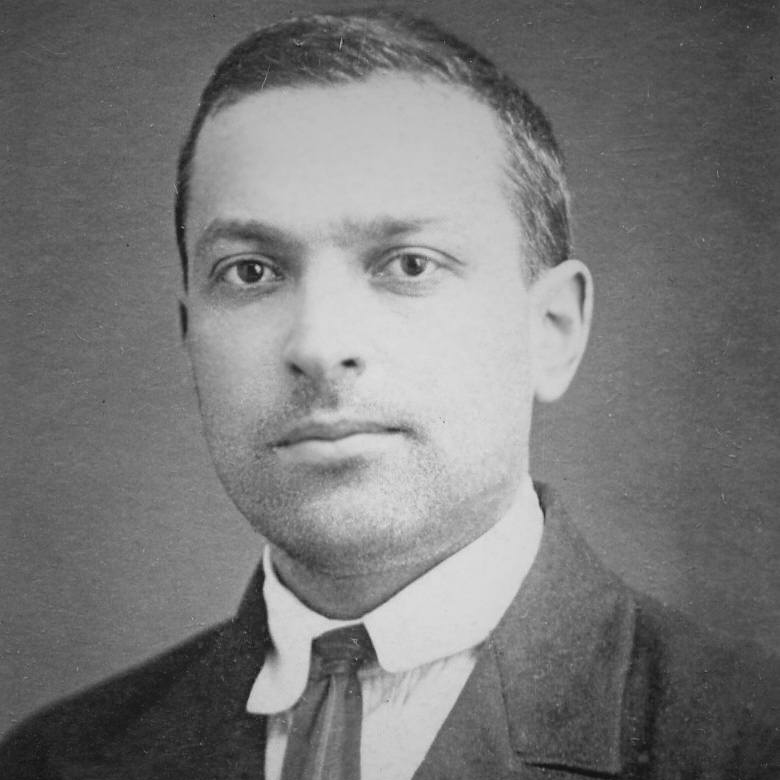
Lev Vygotsky:
One Of The Most Influential Psychologists
Lev Vygotsky was a Russian psychologist; best known for his sociocultural theory. He believed that social interaction plays a critical role in children’s learning. Through such social interactions, children go through a continuous process of learning. Imitation, guided learning, and collaborative learning all play a critical part in his theory.
THE SOCIOCULTURAL THEORY
According to the sociocultural theory, the process of acquiring information requires skills that a child does not yet possess or cannot do independently, but can do with the help of a more knowledgeable other. Vygotsky called this gap the zone of proximal development. Through this kind of interactions, children learn gradually and continuously from parents and teachers; and yet also a great deal from peers.
OUR APPROACH
We foster learning by providing educational opportunities that lie within a child’s zone of proximal development. Teachers encourage this process by aiding the learning experience themselves or by pairing less skilled children with more knowledgeable classmates. In other words, we observe and provide the appropriate environment for a child to reach and build the next logical block of knowledge they can strive for.








